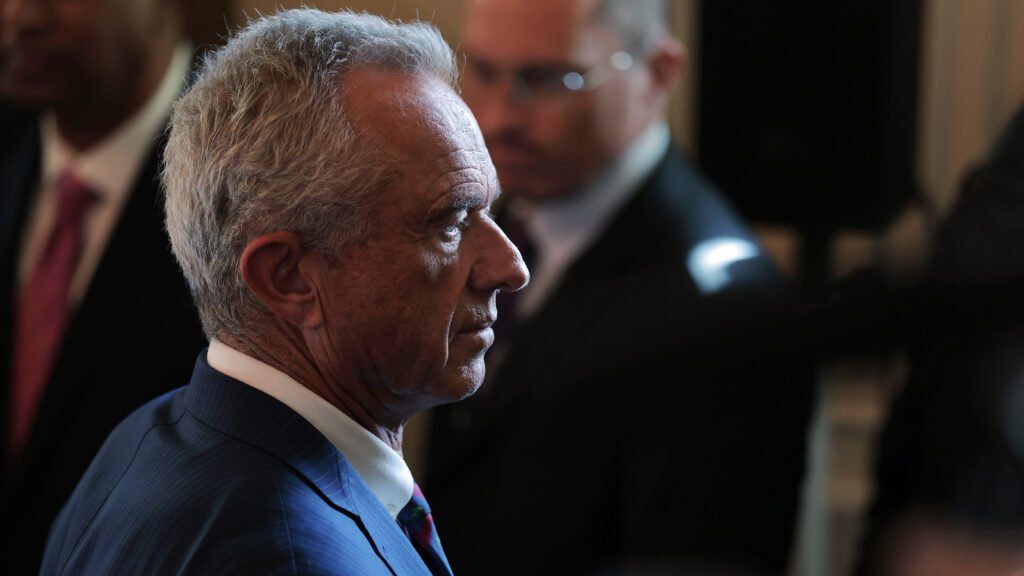Health secretary Robert F. Kennedy Jr. has made waves by personally instructing the Centers for Disease Control and Prevention to revise language on their website regarding the link between vaccines and autism. In a recent interview with The New York Times, Kennedy admitted to ordering the change, which now states that the assertion “vaccines do not cause autism” is not supported by evidence. This move contradicts years of scientific consensus and research that have consistently found no connection between vaccines and autism.
The updated CDC webpage also now suggests that government health authorities have overlooked the potential link between vaccines and autism. This shift in messaging has raised concerns among experts and officials who have long championed the safety and efficacy of vaccines in preventing disease.
Senator Bill Cassidy (R-La.), who chairs the Senate health committee, reportedly disagreed with Kennedy’s decision to alter the CDC’s stance on vaccines and autism. Despite this, Cassidy refrained from directly addressing Kennedy or his actions in his public statements. Cassidy, who played a pivotal role in confirming Kennedy as health secretary earlier this year, had previously secured assurances from Kennedy that the CDC would maintain its position that vaccines do not cause autism.
Kennedy’s history as a vaccine skeptic and his efforts to promote anti-vaccine sentiments have been well-documented. His recent actions demonstrate a willingness to prioritize his personal beliefs over political promises and established scientific evidence.
It is important to note that numerous studies have conclusively shown that vaccines do not cause autism. Research has specifically examined the potential links between vaccine ingredients such as thimerosal and aluminum adjuvants and autism, finding no credible evidence to support such claims.
Childhood immunizations have been instrumental in saving lives and preventing the spread of infectious diseases. One study estimated that vaccines have saved an astonishing 154 million lives since 1974, underscoring the vital role of vaccination in public health efforts worldwide.
As debates surrounding vaccines and autism continue to unfold, it is essential to rely on evidence-based information and expert guidance to make informed decisions about healthcare and disease prevention. Vaccines remain a cornerstone of modern medicine, safeguarding individuals and communities from harmful and potentially deadly illnesses.


